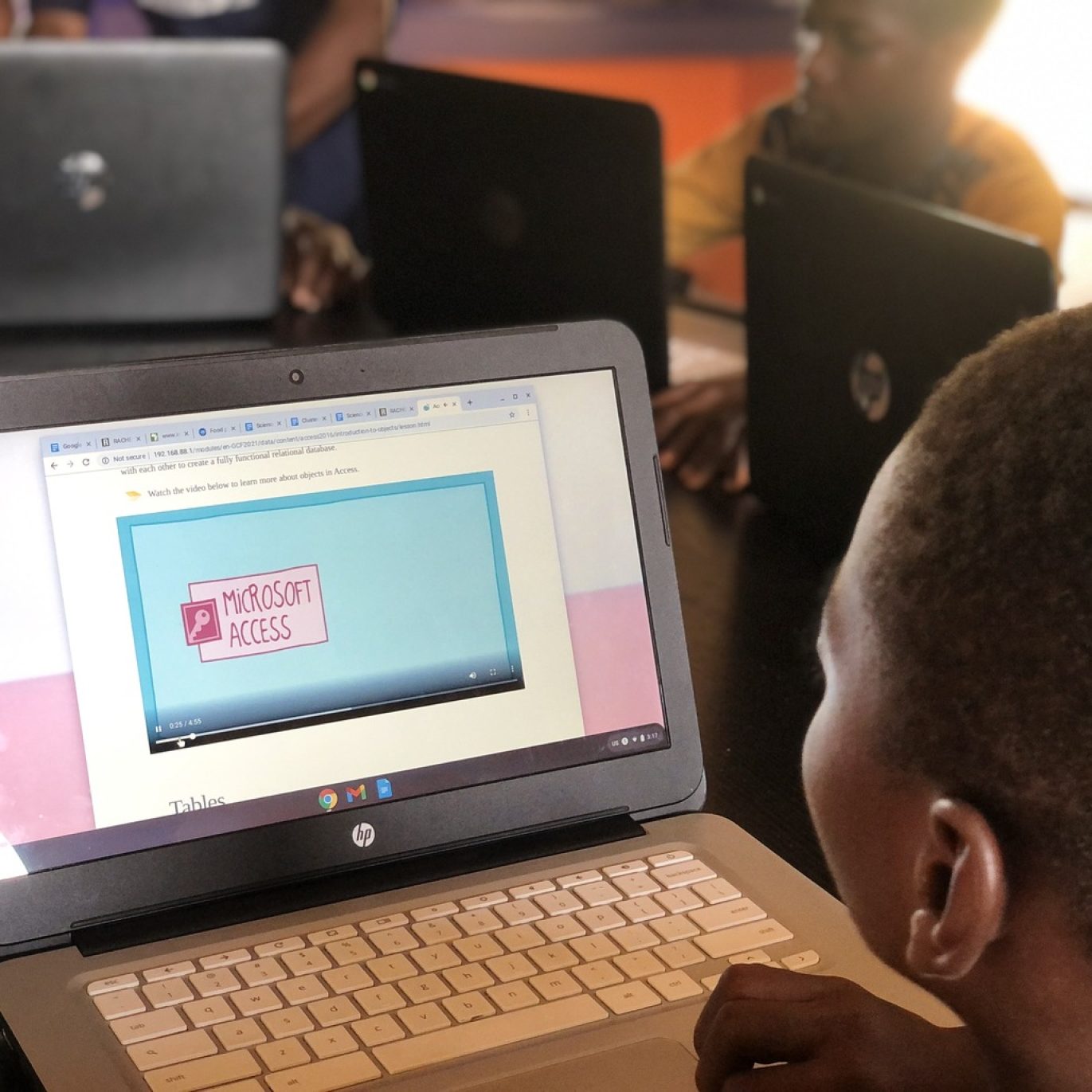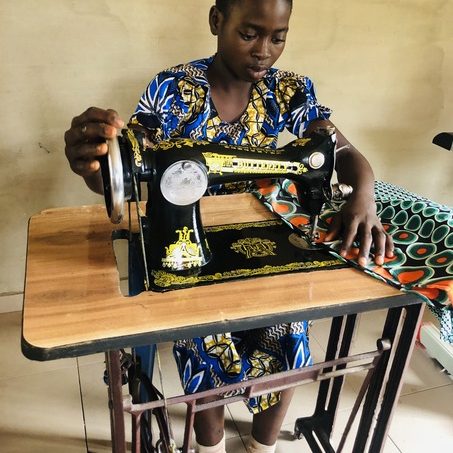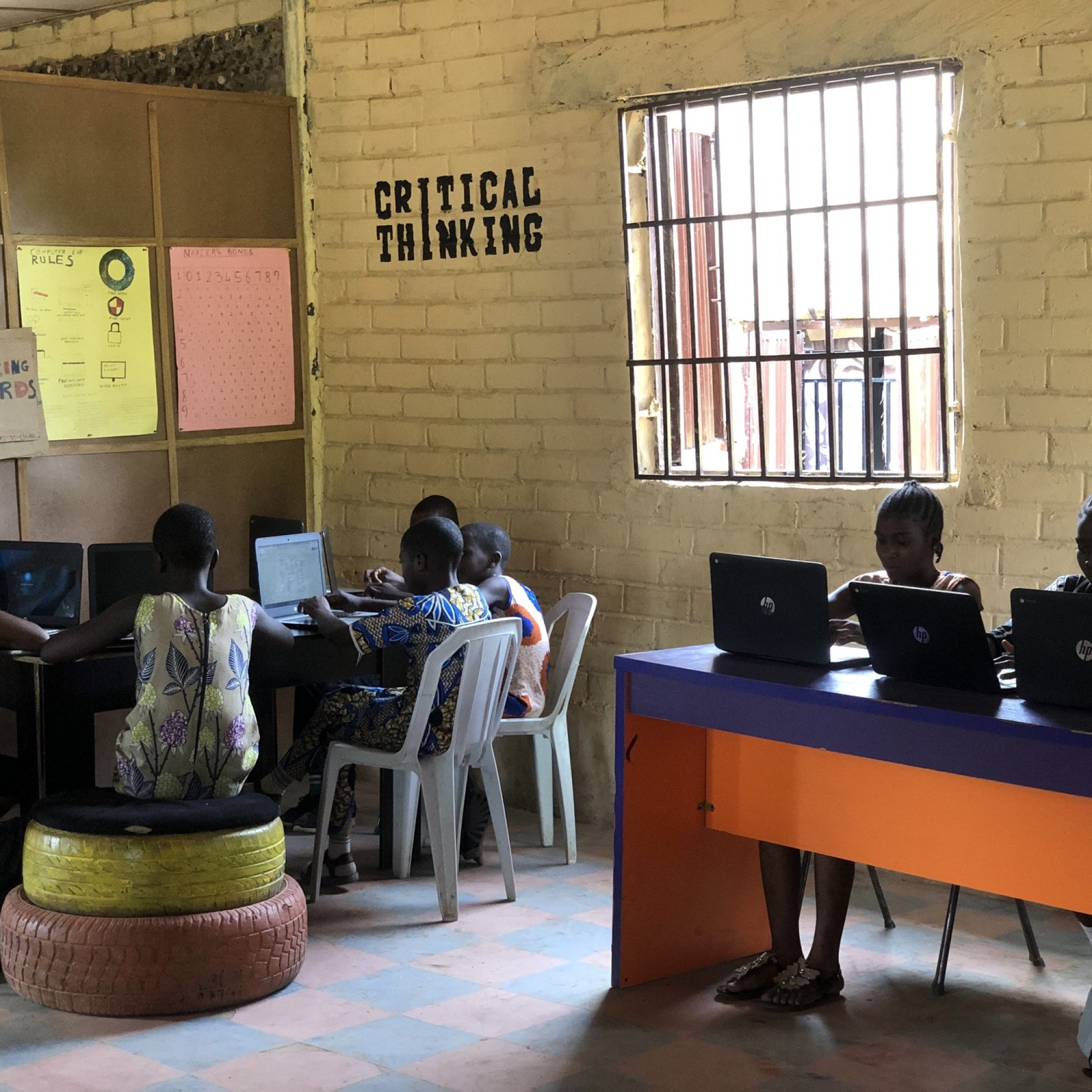Written by Christabel Egan
Have you ever wondered what would happen if Cinderella didn’t have a fairy godmother who could turn her dirty clothes into a beautiful gown and get her an exquisite ride to the castle in time to dance with the prince? She most likely wouldn’t have had the happily ever after.
Imagine a classroom full of evil stepmothers and hateful stepsisters. People who are not only oblivious to the needs of the child but also not willing to give their support when needed. Similarly, imagine a child from a poor home who barely has enough to eat and no good clothes to wear. A child who is already mentally bartered. Don’t you think such a child would need a fairy godmother mother?
Although, in reality, there are no fairy godmother mothers with magical powers. And probably no princes and castles anywhere near our sights. But it is possible to have a teacher with a kind and empathetic heart. One who can help a child achieve his or her dreams and make them feel loved and cared for.
What is empathy?
Empathy is the ability to understand and share the feelings of another. It is unarguably, one of the skills required in relating with children, or any human for that matter. Empathy is the bedrock of effective classroom management.
How then, do we show empathy in the classroom?
- Every child has a different background. As such, their needs, as well as their capabilities, differ. The teacher must duly investigate and identify the needs of each child to understand and determine how to deal effectively with them.
- Teachers should be good listeners as well as patient mentors. As a Buddhist philosopher once said: ”With love and patience, nothing is impossible”.
- The urge to compare one child with another should be resisted. Just as all fingers are not equal, no two children are the same. It is a very unhealthy practise to compare a child to another. It not only lowers the child’s self-esteem but also increases rivalry and impacts social interactions.
- Teachers should desist from destructive criticisms and unnecessary punishments as they are not only repugnant to fair practices but also unhealthy for the child in all aspects. Constructive criticism with understanding should rather be the order of the classroom days.
A teacher must be able to stoop to the level of a child to understand and help them achieve their dreams.
Why is Empathy important in the classroom?
- It puts the child in the best psychological state for learning.
- It creates healthier communication between the teacher and child also among the children.
- It makes the child feel safe enough to trust the teacher and communicate their fears as well as their dreams.
- It increases the child’s esteem.
- It also ultimately boosts performance in the classroom.
- Exercising empathy is also a way of mentoring the child to also show empathy to others in the class and elsewhere. In essence, it not only makes for better classroom management but is also a stepping stone to a better world at large.
There are many Cinderella’s out there. I’m hoping there are fairy godmothers and fathers in form of empathetic teachers as well.













